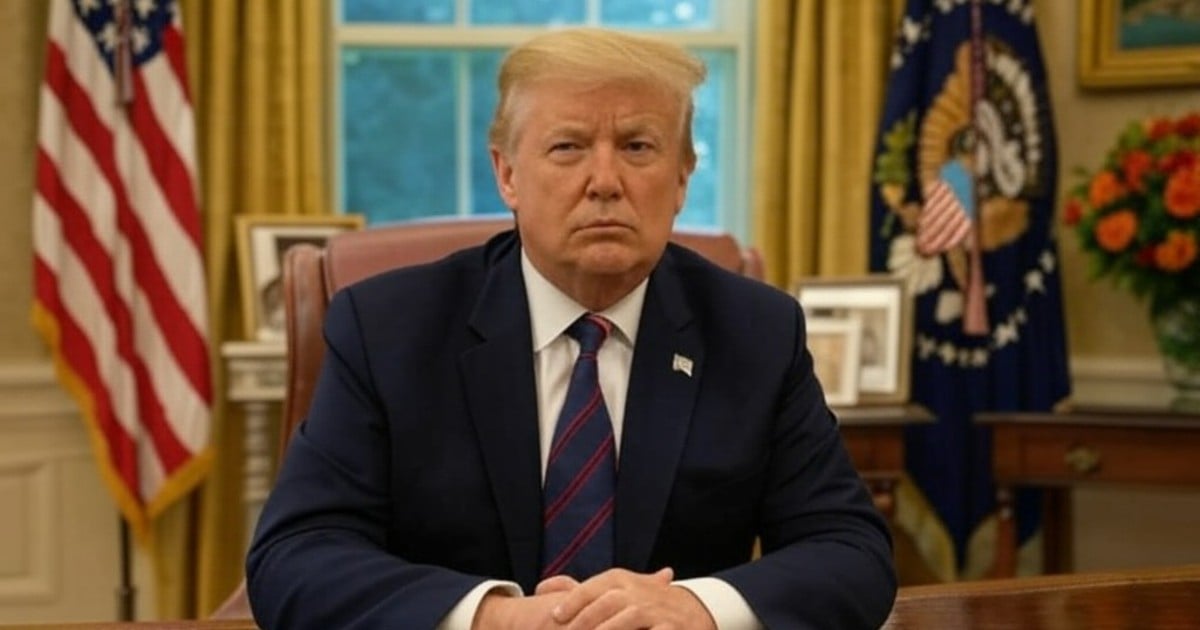Since returning to the White House on January 20, 2025, Donald Trump has launched a strategy of maximum pressure against the Cuban regime, reversing previous relaxations and reinstating economic and migration sanctions. Supported by key figures like Marco Rubio, Washington's new approach aims to cut off funding sources for the Castro regime, limit its regional influence, and bolster support for the opposition. Under this framework, the administration has rolled out a series of measures designed to restrict the regime's access to foreign currency, increase its international isolation, and weaken its repressive capabilities.
Reinstating Cuba on the Terrorism Sponsors List
Just hours after taking office on January 20, 2025, Donald Trump reversed the previous administration's decision and reinstated Cuba on the list of state sponsors of terrorism. This action imposes additional financial sanctions, restricts international transactions, and further isolates the Cuban regime within the global banking system. Consequently, it becomes even more challenging for the Cuban government to secure credits, establish trade relations, and receive external funding, further straining the island's already weakened economy.
Revival of the "Cuba Restricted List"
On January 31, 2025, Secretary of State Marco Rubio announced the re-inclusion of various Cuban entities on the list of restricted companies, including those managed by the military conglomerate GAESA. This decision prohibits U.S. citizens and companies from engaging in transactions with firms linked to the Cuban armed forces, directly impacting key sectors like tourism and remittances. This restriction makes it increasingly difficult for the Cuban government to acquire foreign currency and limits foreign investment in the island.
Elimination of the Humanitarian Parole Program
On January 20, 2025, Trump signed an executive order terminating the humanitarian parole program, which allowed legal entry into the United States with temporary residency permits for citizens from Cuba, Venezuela, Nicaragua, and Haiti. With this cancellation, over half a million individuals who had been approved or were in the application process now find themselves without immediate legal options for migration. Those already in the U.S. with this status must seek other avenues to regularize their situation, such as the Cuban Adjustment Act for Cubans.
Sanctions on Orbit S.A. and Remittance Suspension
On January 31, 2025, the Trump administration reinstated sanctions on Orbit S.A., a company created by the Cuban regime to manage incoming remittances and controlled by the military conglomerate GAESA. This move prohibits U.S. companies like Western Union from conducting transactions with Orbit S.A., effectively closing a major channel for fresh currency to enter the regime. The U.S. government aims to halt the flow of money that fuels the Castro regime's repressive apparatus, preventing diaspora-sent dollars from falling into the hands of the military and government elite. However, this restriction also impacts the Cuban population, who must now resort to more costly and risky informal methods to receive financial aid from abroad. As the regime continues to seek alternative ways to secure foreign currency, thousands of Cubans face heightened challenges in meeting basic needs in an economy already stifled by crisis.
Plan to Relocate Migrants to Guantanamo Bay
The Trump administration announced plans to utilize Guantanamo Bay as a temporary detention center for up to 30,000 immigrants deemed "high-risk" by U.S. authorities. This measure has been criticized by human rights organizations, as it revives mass detention policies and could affect Cubans attempting to reach the U.S. via irregular routes. The inclusion of Guantanamo in Trump's immigration policy has sparked diplomatic tensions between the two countries.
Suspension of Funding to NGOs and Independent Media
As part of a package of budget cuts, Trump temporarily suspended all federal grants and funding to foreign aid programs, affecting non-governmental organizations and independent media in Cuba that rely on these funds. This measure hampers access to resources for human rights initiatives, civil society projects, and media critical of the Cuban government. Although a federal judge temporarily blocked this suspension, the future of such funding remains uncertain.
Most of these actions reflect an unprecedented hardening of U.S. policy towards Cuba, aligned with the State Department's strategy of holding the regime accountable for repressing its people and rejecting its malign interference in the region. By cutting off access to funding, restricting migration, and reinforcing economic sanctions, Washington seeks to weaken the Castro regime's repressive machinery and support the fight for human rights on the island. While these measures directly impact the regime, the Cuban people also endure the consequences of a system clinging to power at any cost. The big question is whether this financial stranglehold will hasten real change on the island or if the regime will once again adapt and survive international pressure.
Impact of U.S. Policies on Cuba
What is the impact of adding Cuba back to the list of terrorism sponsors?
Reinstating Cuba on the list of state sponsors of terrorism imposes additional financial sanctions, restricts international transactions, and further isolates the Cuban regime within the global banking system, complicating the island's economic challenges.
How does the restriction on Orbit S.A. affect remittances to Cuba?
The sanctions on Orbit S.A. prevent U.S. companies like Western Union from conducting transactions with it, closing a major channel for remittances and forcing Cubans to use more costly and risky informal methods to receive money from abroad.
What are the consequences of the humanitarian parole program's elimination?
Terminating the humanitarian parole program leaves over half a million individuals without immediate legal migration options, affecting those from Cuba, Venezuela, Nicaragua, and Haiti, and complicating the legal status of those already in the U.S.
